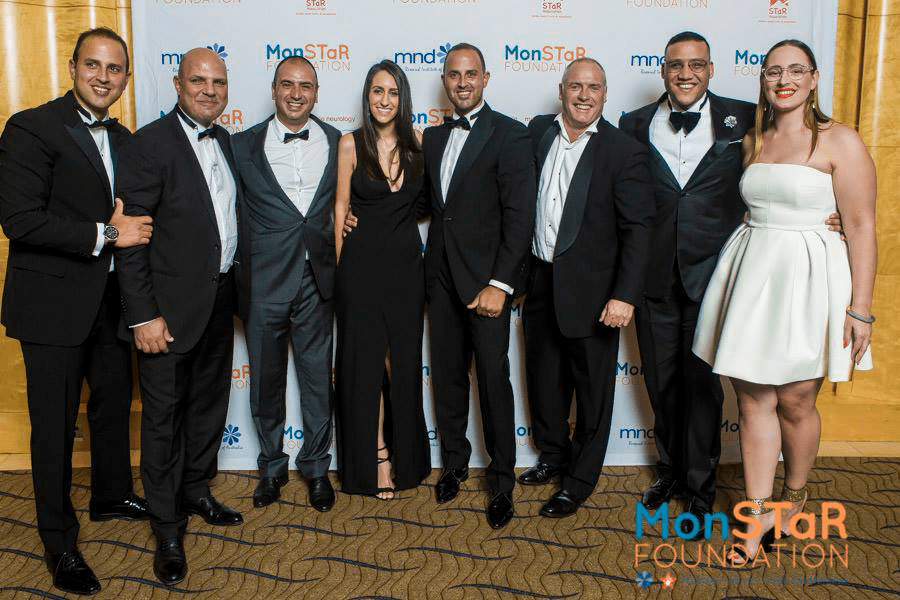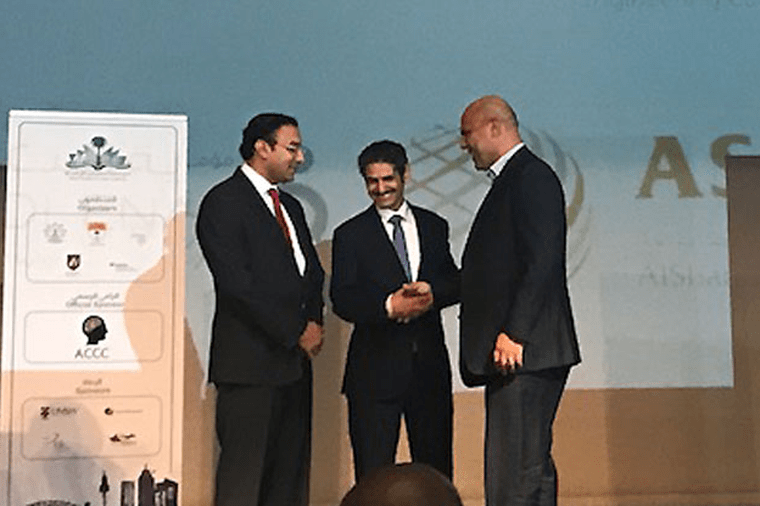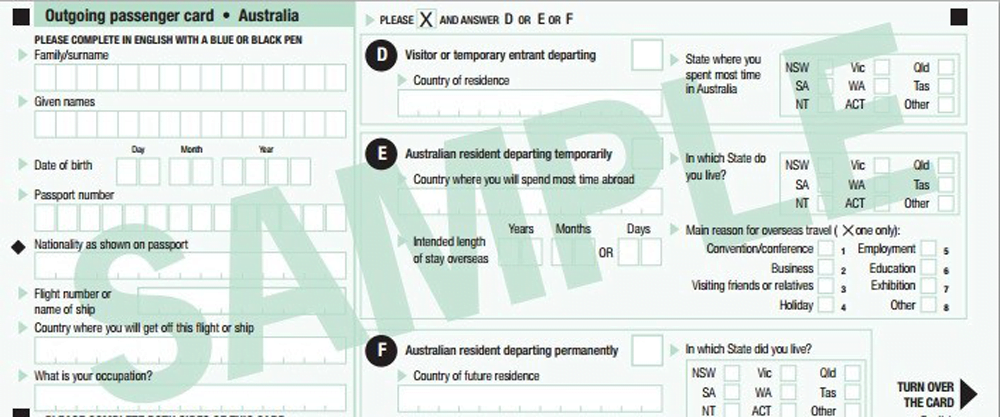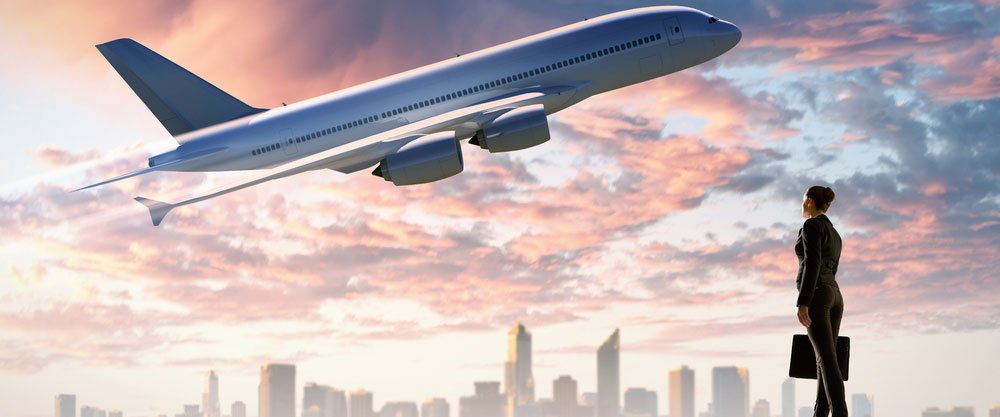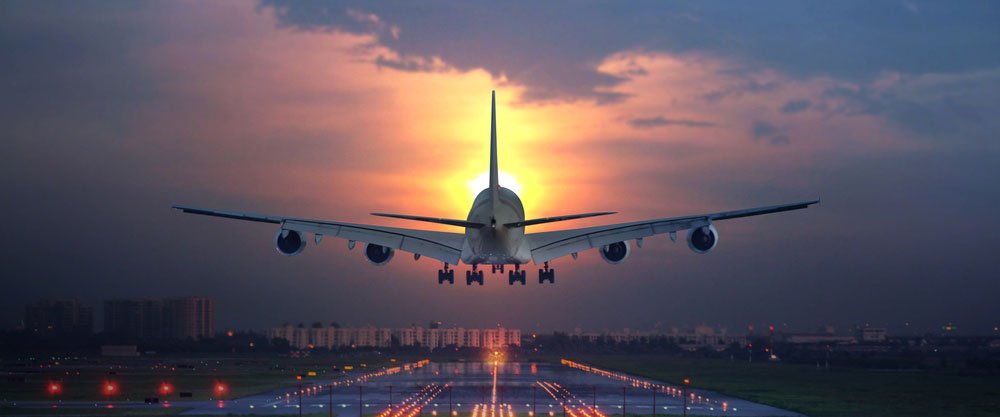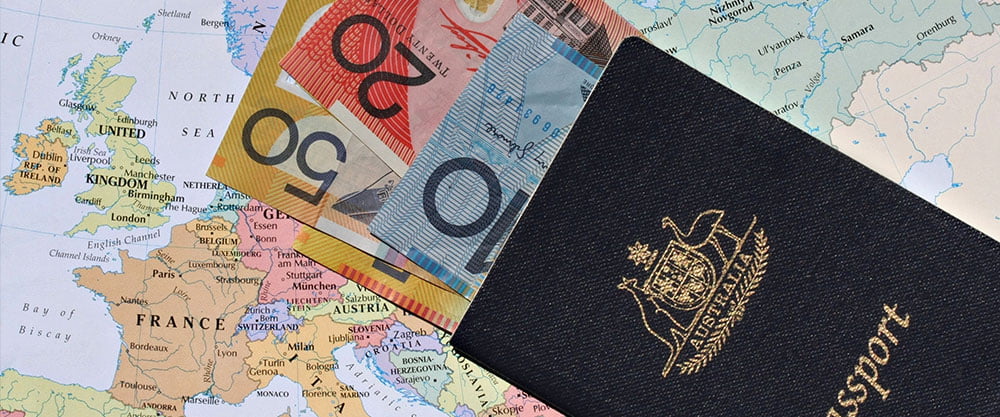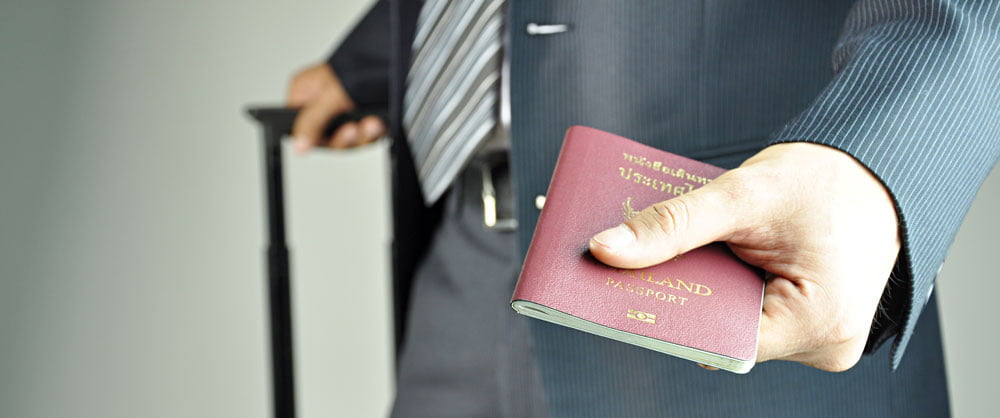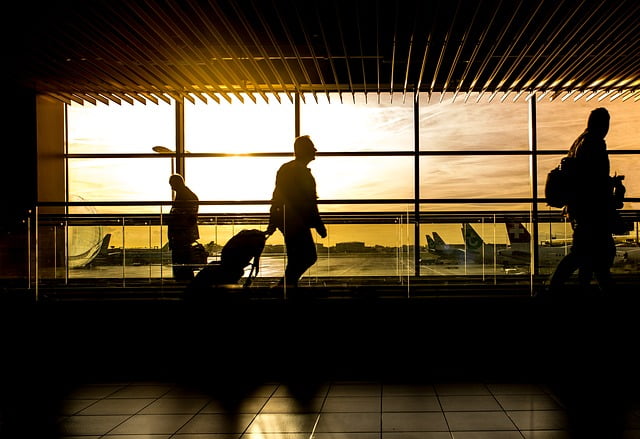
While many corporates have travel programs in place, bookings still fall through the cracks. Transactions take place on outside booking channels or with non-preferred airlines, hotels and car hire companies. This is what’s known as travel leakage.
Despite all efforts to create an exceptional corporate travel program, it can happen. And when it does, gaps start to form in your expenditure, your reporting and your data. This can cause administrative headaches and can cost the company significantly.
You’re not alone
The important thing to remember here is that you’re not alone. Almost all corporate travel programs, large or small, will experience leakage at some point in time. This is mainly because there are so many booking options out there for business travellers.
Many staff members will actually believe they’re saving you money by going for the cheaper option. Or it’s just easier to go for the booking system they are familiar with, rather than going through the appropriate (and approved) channels.
Why is it such an issue?
It generally costs more, even if employees believe they’re choosing the cheaper option. Airlines, hotels and car hire companies have provided discounted rates based on proven travel volume. So, any trip that goes undocumented undermines supply contracts you’ve worked so hard to obtain, and means there’s less ability to negotiate.
Fees can quickly mount up, for example penalties for altering bookings if plans change. There’s no visibility of the trip within the company reporting system either, which means you can’t accurately track travel spend.
Travel leakage can also impact your duty of care for employees. If the employee’s booking data isn’t in your central system, because it’s been booked outside, it can be difficult to locate them in case of emergency.
How you can avoid travel leakage
While it might be difficult to eliminate out-of-policy travel bookings altogether, there are ways to minimise the problem.
Educate your employees
If employees don’t know it’s there, why would they commit to using your travel policy?
It’s crucial to educate employees about the policy, including how it affects them, what consequences there are if they don’t adhere to it, and the savings and benefits that the company gains through the policy.
Recognise likely offenders
There will always be those employees who have a tendency to think they are savvy enough to get a better deal! Or managers who prefer to go their own way. These are ones to keep an eye on. It’s also a good idea to include your travel policy in induction material for new hires, to make sure they aware of arrangements right from the start.
Make sure booking is quick and easy
For many employees, the reason they’re not using approved channels is because it’s simpler to hit the internet and find the cheapest deal. It’s also common to book outside the system due to last-minute travel decisions. Make booking through the approved channels manageable, convenient and quick, and employees will do it.
There’s no denying that travel leakage can negatively affect your business. But by understanding what is happening and why, and putting measures in place to mitigate it, you may be able to plug a few holes!
If you’d like to optimise your travel program and minimise leakage, talk to us about the right solution for your company.

